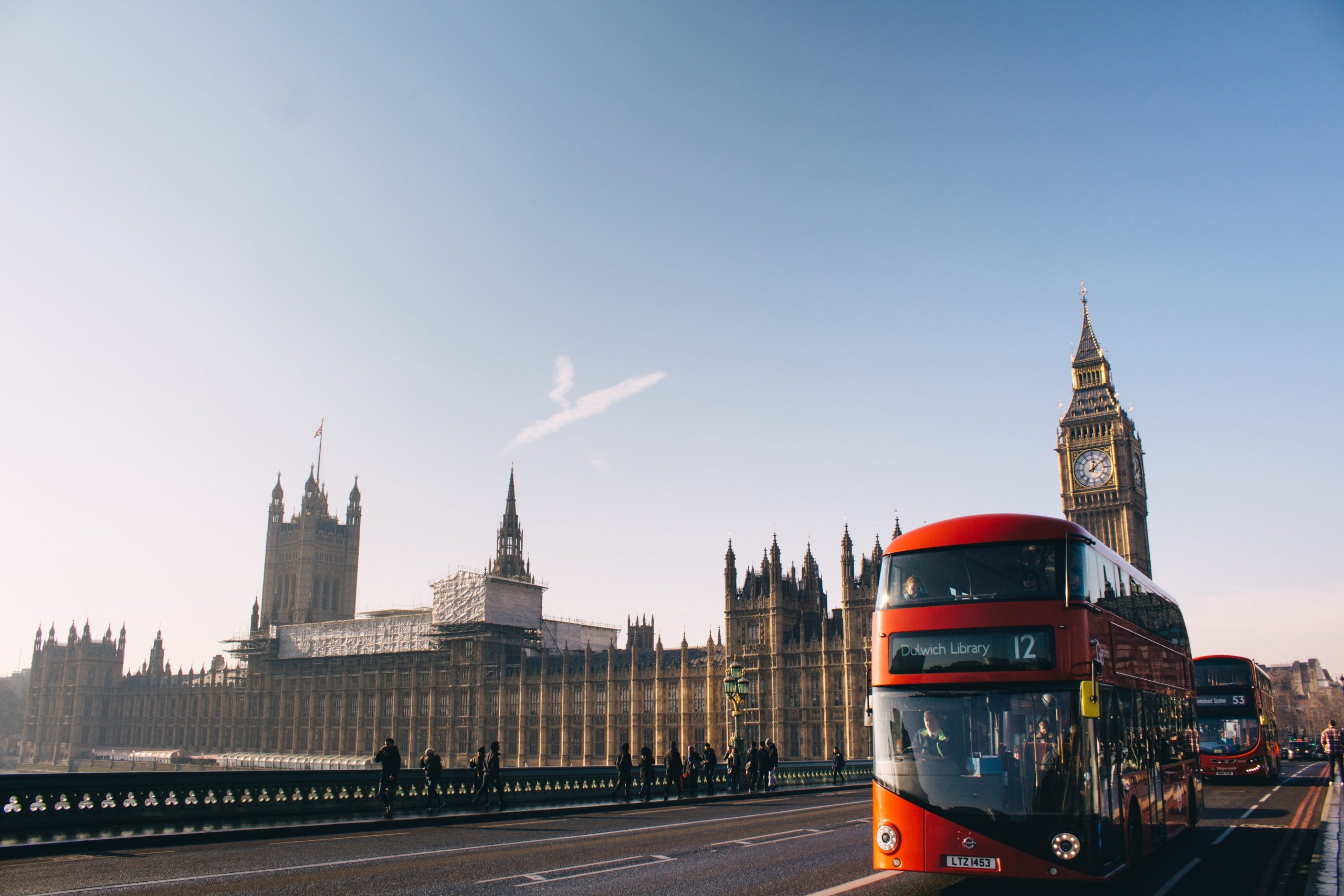Mini Budget Summary – July 2020
July 9, 2020

July 2020 Mini Budget Announcements – From Stamp Duty To Eating Out Discounts.
Chancellor Rishi Sunak announced his plans to give the UK economy a boost, following the easing of some lockdown restrictions. His mini-Budget for 2020 announced a wave of sweeping measures the Government will be taking to support employment, hospitality, the environment and homebuyers.
Sunak said his plans to kickstart Britain’s economy will “protect, support and create jobs”. Some of his recovery measures include VAT reductions, an emergency pause on stamp duty and restaurant meal discounts.
Here were the key talking points made by the Chancellor;
Housing market
The Chancellor announced an emergency Stamp Duty holiday in order to help revive the UK property market. Homebuyers will now be exempt from paying tax on the first £500,000 of any property price, saving the average homebuyer £4,500. The increase in threshold from £125,000 to £500,000 is effective immediately and will run until the end of March 2021.
Help for hospitality
Mr Sunak has initiated 50% discounts for diners to spur demand and a huge VAT cut for the hospitality and tourism sectors. VAT on food, non-alcoholic drinks, accommodation and attractions has been cut from 20% to 5% and this equates to a £4bn boost for the industry. Every Briton will be given an “eat out to help out” discount. Meals eaten at any participating business Monday to Wednesday in the month of August will be 50% off at up to £10 per head.
This all part of the wider strategy to get pubs and restaurants ‘bustling again’ in the UK.
Jobs and training
Businesses across sectors have voiced concern of mass unemployment when the chancellor’s Coronavirus Job Retention Scheme winds down in October. Mr Sunak therefore made protecting workers and creating employment the heart of his mini-Budget with up to £30bn set aside for boosting the jobs market.
At the crux of these announcements, the Chancellor will pay businesses a £1,000 job retention bonus for every furloughed worker that is brought back and employed until the end of January 2021. Workers must have been continuously employed and earn an average of more than £520 per month in November, December and January.
Mr Sunak also unveiled a new £2bn Kickstart Scheme as a key plank of his “Plan for Jobs”. The fund will create government-subsidised jobs for unemployed young people and employers will be able to offer a six-month placement for people aged between 16-24 years old. The Treasury will cover 100% of the National Minimum Wage for each young employee for up to 25 hours a week with firms able to top up the worker’s pay.
£111m will be invested to triple the number of traineeships with businesses offered a £1,000 per trainee payment. The grant will be capped at 10 jobs per firm.
For the next six months, the Government will pay businesses up to £2,000 for every new apprentice under 25. It will also pay £1,500 for every new apprentice above 25 hired.
An extra £1bn will be invested in the Department for Work and Pensions to help people get back to work.
Greening the recovery
The Chancellor announced plans to seize the coronavirus crisis as an opportunity to green the economy.
This followed with a £3bn package of green investment to help create thousands of jobs. Some £1bn has been set aside to help make public sector buildings greener. Homeowners can benefit from £2bn of grants to pay for “green” upgrades to make their houses more energy efficient. Vouchers worth up to £5,000 will be issued while poorer households could get up to £10,000 to make the upgrades, such as loft and wall insulation. It will provide at least £2 for every £1 homeowners spend on making their properties more energy efficient and the Treasury expects the measure to support more than 100,000 green jobs.
Up to £40m will be provided for a Green Jobs Challenge Fund to create 5,000 jobs at environmental charities and public authorities. Some £100m of new funding has been set aside for direct air capture, a technology that takes carbon dioxide out of the air, while an extra £10m will be given for new electric car development projects.
Oakworth’s View
It is clear from the measures announced yesterday, on top of those already implemented since the start of the crisis, that the government is adopting a strong and decisive approach to reigniting the faltering economy. Given the recession we are facing is the deepest in living memory it is right that swift and substantial measures are taken. It remains to be seen the longer term impact this will have on public finances, with the Institute for Fiscal Studies suggesting that it could take many years for UK debt to return to pre-Covid levels, dependent on the strength of the economic recovery.
Relating to investments, markets have reacted positively to date to the stimulus offered by governments/central banks, with initiatives focused on stimulating consumer demand of obvious benefit. We retain the belief that in the shorter-term markets will be potentially volatile whilst news on to the pandemic remains changeable, however it is clear that a cornerstone of central bank policy has been to sustain confidence in investment markets as best they can, and this is likely to continue for the foreseeable future.
If you would like to discuss how this would affect you personally, please get in contact.
